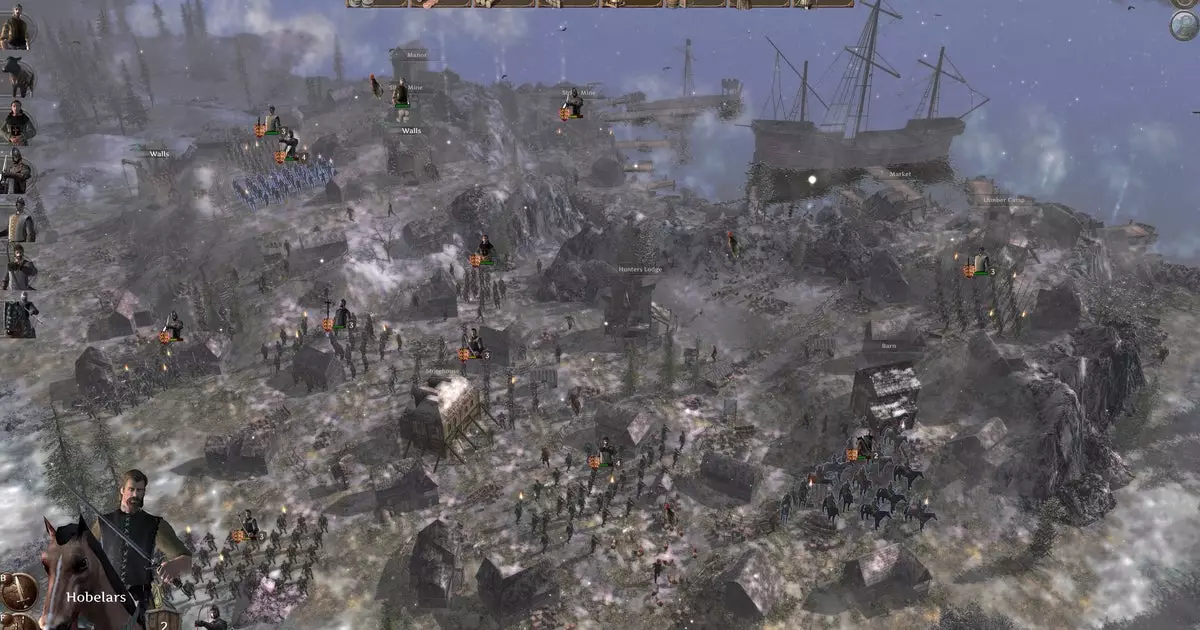The Crusades, a string of tumultuous and fiercely contested medieval conflicts, are often misrepresented in contemporary discourse. Basically, they were fought between Christian and Muslim forces over control of the Holy Land and are frequently reduced to a mere collection of memes, particularly by those with narrow-minded interpretations of history. Such simplifications can obscure the complexities that characterized this pivotal period, rendering it essential for anyone interested in the intersection of religion, conflict, and culture to delve deeper into the realities behind this historical tapestry.
An exploration of the Crusades reveals a clash of ideologies, ambitions, and fundamental human emotions. Initially sanctioned by the Latin Christian Church, the Crusades brought forth not just territorial ambitions but also fervent religious zealotry, which had a lasting impact on all involved. Understanding this backdrop is crucial in distinguishing between distorted hobbyist portrayals and the genuine history that continues to resonate today.
The Gaming Canvas of History
The modern gaming landscape has often served as a fertile ground for historical exploration, with titles like “Knights Of The Crusades” attempting to resurrect the fervor of the Crusades through a strategic lens. This newly released early access game invites players to immerse themselves in the intricacies of the First Crusade and beyond, providing a dynamic framework that simulates the geopolitical landscape of the time. For enthusiasts of real-time strategy and grand strategy games, it presents an exciting opportunity to engage in a period that many might casually gloss over.
Promising a blend of epic battles and political maneuverings, “Knights Of The Crusades” holds the potential to transform the often black-and-white narrative of the Crusades into a nuanced experience. Players can choose among Christian and Muslim factions, shaping their strategies in a landscape littered with shifting alliances and evolving objectives. This narrative-rich environment challenges players to grapple with the moral implications of their choices and the historical context surrounding these events.
Glamorization vs. Reality
While gaming can provide insightful opportunities for historical exploration, there is a palpable risk of glamorizing violence or oversimplifying complex narratives. As seen in various strategic games, players may find themselves enthralled by the prospect of glory, power, and conquest, potentially overshadowing the tragic human cost inherent in historical events. For instance, phrases like “deus vult” have resurfaced among extremist communities, underlining the danger of appropriating historical motifs for modern ends.
The immersion may draw players into a world of heroic portrayals and noble quests, but one must remain cognizant of the underlying reality: the Crusades were fraught with collateral damage, religious fanaticism, and a plethora of innocent lives disrupted in the name of divine will. As such, games like “Knights Of The Crusades” should ideally strive to find a balance between engaging gameplay and articulating the brutal truths of history.
A Call for Thoughtful Engagement
As someone intrigued by this historical era, it’s essential to view gaming not merely as entertainment but as a chance to engage with history thoughtfully. The prospect of a game that allows players to navigate through the complexities of the Crusades opens the door to critical discourse. Should developers focus on accurate representations rather than dubious romanticized narratives, they can foster a deeper understanding of historical events among players.
If the developers can maintain an authentic approach to the cultural distinctions, moral dilemmas, and human experiences during this period, they could provide players with an educational experience that transcends mere gameplay. The grand strategies employed and the alliances formed could stimulate thoughtful reflection on how we understand history and its ongoing repercussions in contemporary society.
Engaging with games that tackle the Crusades can serve as a springboard to broader discussions about power dynamics and the persisting legacies of historical conflicts. For those concerned about the ramifications of glorifying historical atrocities, it becomes imperative to question how these narratives are constructed in our digital age. Engaging critically is not just beneficial – it’s vital.

